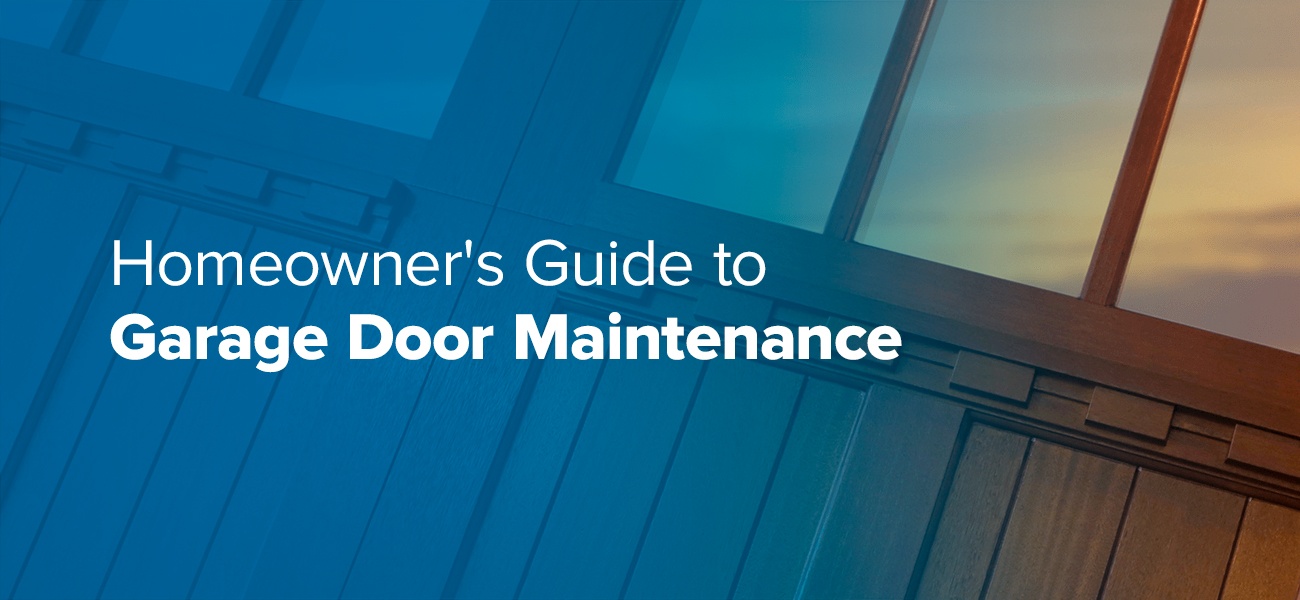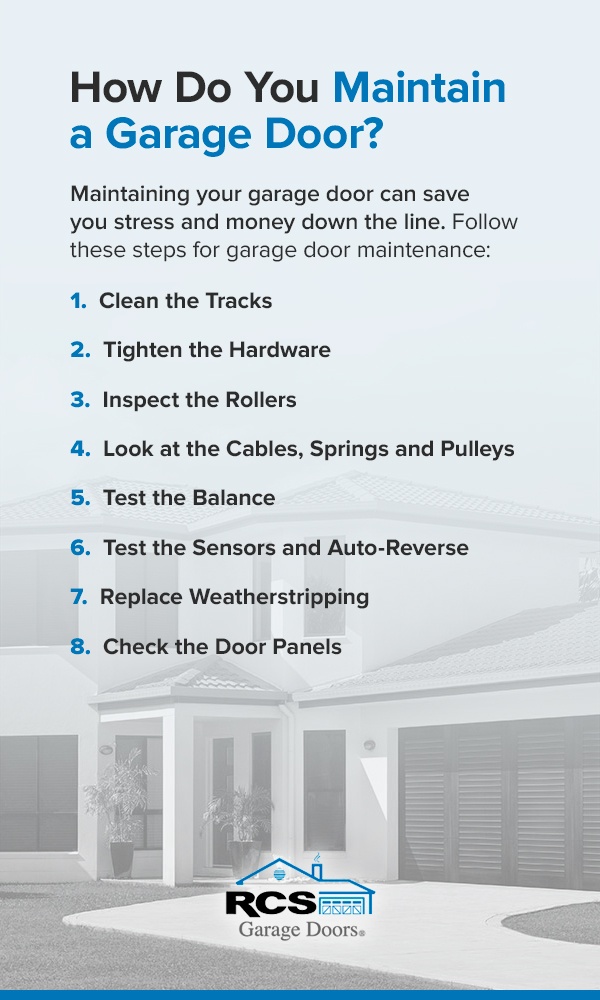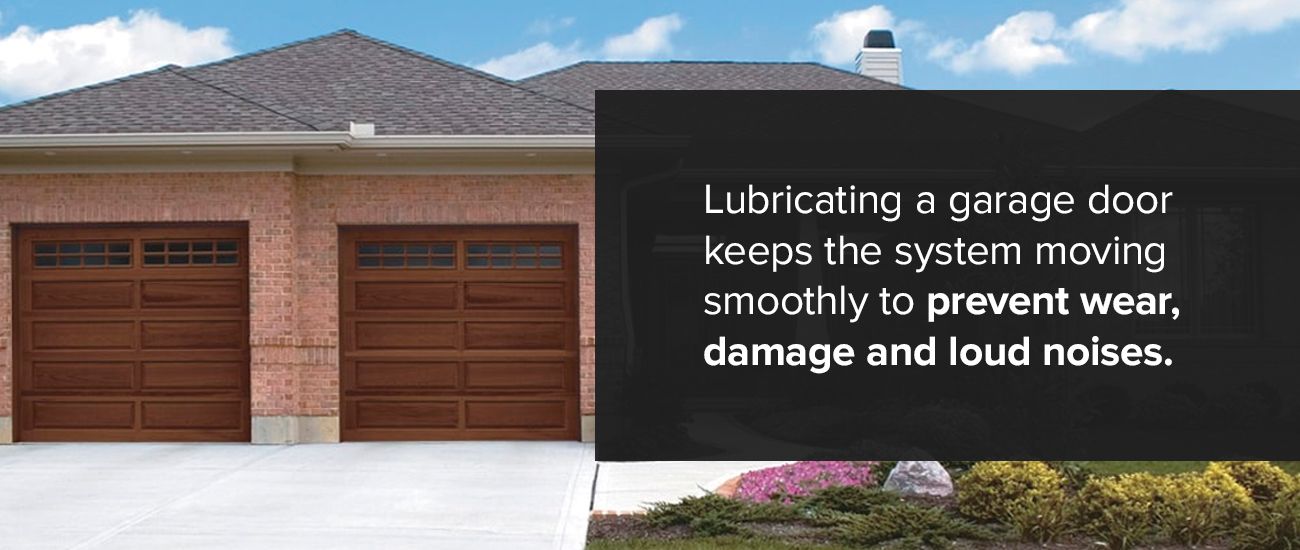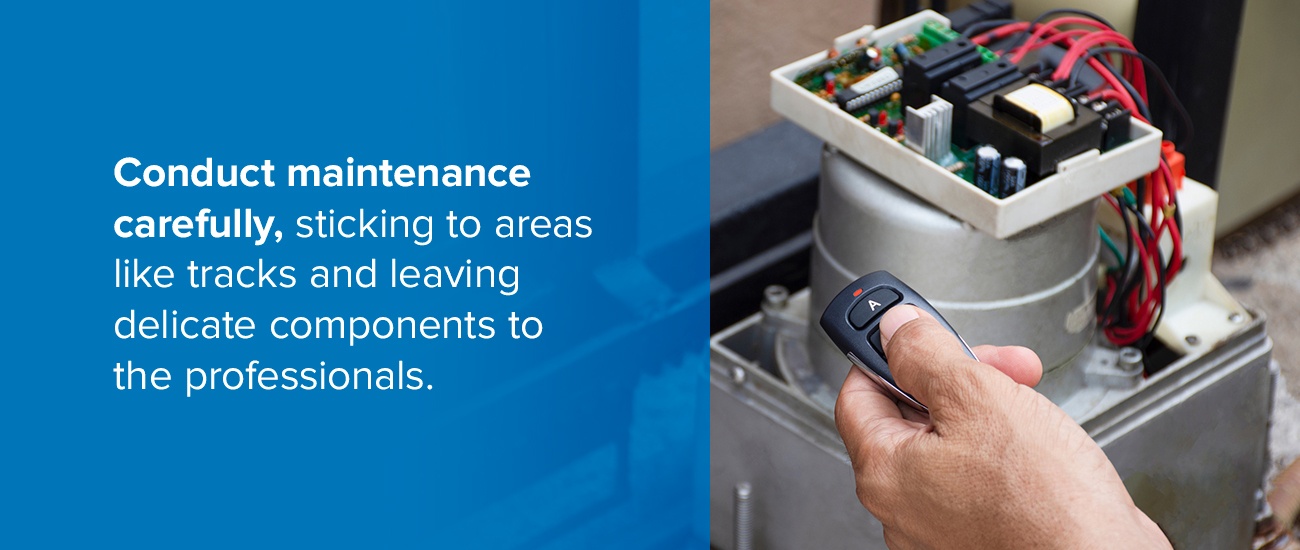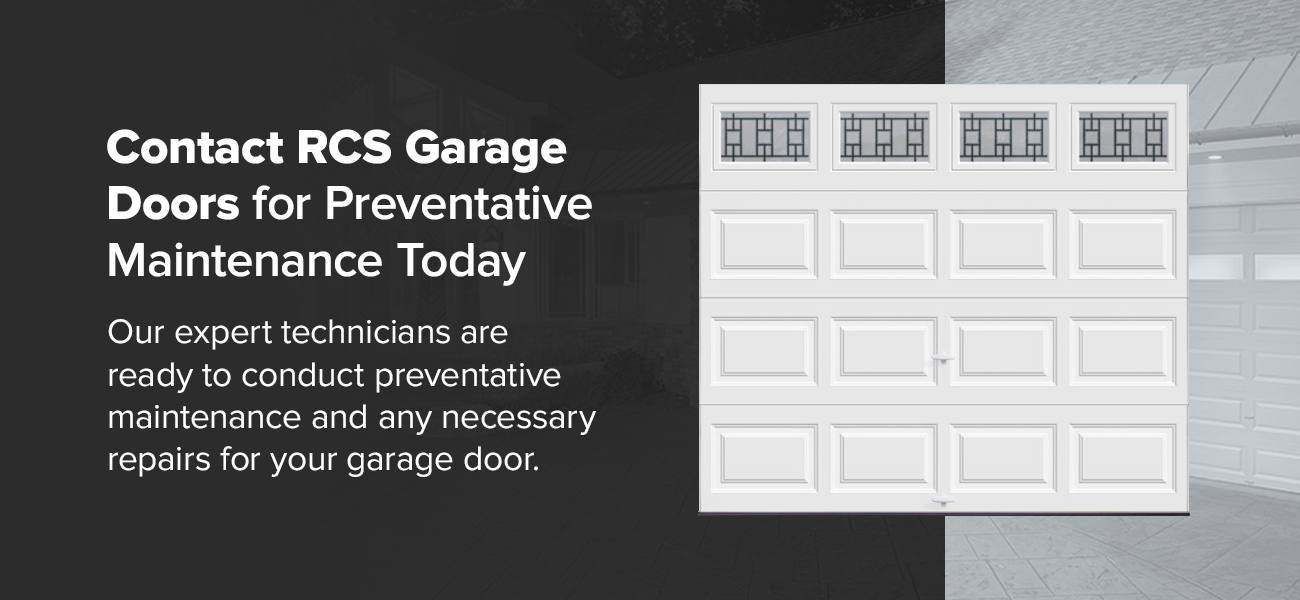Garage Door Maintenance Tips Every Charlotte Homeowner Should Know
Many homeowners ask, “Do I really need garage door maintenance?” The simple answer is yes. Your garage door is one of the busiest doors in your home. Also, you use it every day, and when it suddenly stops working, it can quickly turn into a big problem.
Something like this could happen: you rush out in the morning and find the door stuck. Again, you might come home in heavy rain only to discover you can’t get inside because the door won’t open.
A broken garage door is not only stressful, but it can also be unsafe and costly to repair. That’s why simple garage door maintenance tips can make a big difference.
The good news is that care doesn’t have to be complicated. If you’re wondering how to maintain a garage door, this guide will walk you through easy steps to keep it working smoothly.
Contact Us Today for Garage Door Services
What Kind of Maintenance Should You Do on a Garage Door?
Your garage door is one of the largest moving parts in your home, and it needs care to keep it working well. Regular upkeep prevents sudden breakdowns, reduces repair costs, and makes your door safer to use.
Here are the main types of maintenance you should focus on:
- Visual Inspection – You should look for signs of wear like frayed cables, rusted hardware, or loose bolts.
- Cleaning – Try to remove dirt from tracks, panels, and weatherstripping. Clean surfaces help the door glide smoothly.
- Lubrication – To prevent friction and odd noise, you should use silicone spray or lithium grease on rollers, hinges, bearings, and springs. For more information on the best products and methods, check out our garage door lubrication page.
- Balance and Safety Tests – Test the door’s balance by lifting it halfway, and check the auto-reverse sensors to make sure safety features are working.
- Weatherstripping Check – You should replace cracked or worn seals so your garage door stays protected from weatherstripping problems like rain, heat, and pests.
- Professional Service – Call a technician once a year for expert inspection and garage door spring maintenance or opener adjustments.
- Garage Door Opener Maintenance: Check batteries, wiring, and safety sensors. Lubricate chains or belts regularly to ensure smooth, reliable garage door opener performance.
- Garage Door Spring Maintenance: Inspect springs for rust, wear, or gaps. Call a professional for adjustments or replacements since springs hold high tension.
By giving attention to these simple steps, you’ll keep your garage door in good shape. A little effort now and then will mean smoother operation, fewer emergencies, and a longer lifespan for your entire system.
How Often Do Garage Doors Need Maintenance?
Many people wonder how often garage doors need care. In most cases, looking over your system once each 6 months is enough. A quick seasonal check helps you spot small issues early and keeps both the door and opener in good shape.
During these checks, you should pay close attention to sounds. If the garage door makes an odd noise while opening or closing, it may signal a problem. Ignoring these noises can cause bigger damage later. Simple actions like tightening loose parts or adding lubricant can make a big difference.
Sometimes, life brings surprises, and you might need emergency garage door maintenance or repairs outside of your routine schedule. For example, if your garage door gets hit by a car, refuses to close properly, or if a storm causes damage, it’s important to act quickly. A fast fix keeps your home safe and avoids costly replacements.
If you use a brand like LiftMaster, remember that LiftMaster garage door opener maintenance is also important. Caring for the opener and door together will help ensure smooth operation and extend its lifespan.
DIY Garage Door Maintenance Checklist for Charlotte Homeowners
Caring for your garage door doesn’t have to feel overwhelming. With the right steps, you can avoid costly problems and keep everything working safely. The checklist below gives you easy tasks, from garage door opener maintenance to garage door spring maintenance, along with other expert garage door guides you can follow at home.
1. Clean the Tracks
Over time, debris and rust can develop along the tracks of your garage door system. That could impact your door’s operation and lead to problems like an off-track garage door. If your roller tracks aren’t clear, you should use an old toothbrush to dislodge dirt, grime, or grease.
Once you’ve removed significant buildup with a brush, you should spray the tracks with disc brake cleaner. Then wipe the tracks with a clean rag to remove the cleaner and any grease or debris that remains.
2. Tighten the Hardware
Over the course of a year, you may use your garage door up to 1,500 times. As it opens and closes, the vibration of the components can loosen the hardware, from brackets to chain screws to bolts.
You should check that the brackets that hold the garage door tracks to the ceiling and wall are tightened appropriately. Tighten any loose nuts and bolts throughout the system. While you’re checking these fasteners, you should replace ones that are rusted or damaged.
3. Inspect the Rollers
Over time, your garage door rollers could wear out. So, you must look for basic inspections & minor repairs. Check these parts with your twice-yearly maintenance checks, and know they’ll need to be replaced every five to seven years. You’ll know you need to replace a roller if it has cracked, chipped, or worn.
You might not want to attempt to remove or replace the garage door rollers yourself. The bottom roller brackets are attached to lift cables, which are under high tension.
Attempting to repair garage door components yourself can lead to damage or injury without the right expertise. For professional garage door replacement and roller installation, trust RCS Garage Doors to handle the job safely and efficiently. Contact us for services on Oates Rd, Mooresville, NC.
4. Look at the Cables, Springs, and Pulleys
There are some other components you shouldn’t try to replace on your own, but you can check them for damage and wear. The lift cables and pulleys of your garage door attach to the bottom roller brackets. They make a connection from the springs to the door. The springs you have will depend on your garage door system, with either:
- Extension springs: These thin, long springs go along the overhead or horizontal part of the door tracks.
- Torsion springs: These springs are mounted above the door opening to a metal rod.
You should look for broken strands, stretched springs, other wear & tear, or damage issues. If you notice anything, be sure to contact a professional service technician to inspect and replace the damaged spring.
Want to DIY? Read our guide to adjusting garage door springs!
5. Test the Balance
One of the easiest but most important tests you can do is checking your garage door’s balance. When the springs are properly adjusted, the door should open and close with very little effort.
To test this, disconnect the automatic opener by pulling the release handle, then lift the door halfway and let go.
A balanced door will stay in place. If it slams shut or shoots open, your door is unbalanced. This condition puts extra strain on your opener and shortens its life. While testing is safe to do yourself, adjusting springs should always be left to a professional.
6. Replace Weatherstripping
Garage door weatherstripping is the rubber, PVC, or other material along the bottom of the door. You may also have some on the sides of your door. This material helps keep out water, hot air in the summer, and cold air in the winter when the door is shut.
Over time, this material can crack or peel away from the door or the garage. If you notice any problems with your door’s weather seal, it’s time to replace it.
Depending on your garage door and its weatherstripping, it could be nailed into place or slid into a groove along the door. Make sure you get the right kind of weatherstripping that matches what you currently have so you can install it correctly.
If you remove damaged material but do not replace it, or leave it in place, your garage’s temperature could be affected. It could also let in pests and water when your door is closed, so don’t skip this maintenance step.
7. Check the Door Panels
While you’re checking the other components of your garage door system, don’t forget to look at the door itself. Manufacturers make garage doors out of different materials, and how you care for your door depends on the material.
You should see if your garage door has any of these surfaces and maintain them accordingly:
- Steel: You must check for rust spots, which you’ll have to sand, prime, and paint.
- Fiberglass: Wash the surface with an all-purpose cleaner.
- Wood: Wooden doors can warp, chip, and have water damage. You should scrape away peeling or chipped paint, sand, and repaint the door.
To fix scratches or other blemishes on the garage door panels, you don’t have to replace them. Simply paint over the marks to maintain the appearance of your overhead door.
If you have significant damage to your garage door, you may need to have a professional replace panels or the entire door. It mainly depends on the damage.
For a stunning upgrade, consider our Canyon Ridge® Limited Edition series, which features insulated carriage house garage doors with faux wood overlays.
Garage Door Maintenance With Lubrication
Lubrication is one of the easiest ways to keep your garage door moving smoothly and avoid loud noises or damage. The best lubricants are silicone spray or lithium grease. Avoid WD-40, as it doesn’t give proper protection.
Here are some of the main parts to lubricate:
- Rollers: You should use silicone spray on metal rollers with open bearings. For nylon rollers with sealed bearings, spray around the stems only.
- Pulleys & Bearings: Lubricate pulleys if you have extension springs. For torsion springs, apply lubricant to the bearing.
- Hinges: Spray metal hinges at the pivot points. You should avoid plastic hinges, as lubricant can damage them.
- Springs: Lightly spray torsion or extension springs to reduce friction. Don’t overdo it, since too much oil can drip.
You should keep the tracks clean, but don’t grease them heavily. If you’re unsure how to handle springs or other parts, it’s safer to call a professional for help.
Tips for Preventive Maintenance on Garage Door
Preventive maintenance means taking care of small tasks before they become big problems. With regular attention, your garage door will last longer, stay safer, and work more smoothly. Here are five simple steps every homeowner should follow.
Regular Visual Checks
Look over the entire system at least twice a year. You should watch for loose bolts, rust, frayed cables, or worn rollers. Early fixes prevent costly repairs and keep your garage door safe.
Lubricate Moving Parts
Lubrication reduces friction, noise, and wear. You should use silicone spray or lithium grease on rollers, hinges, bearings, and springs. A little oil goes a long way to ensure smooth movement and extend the life of your system.
Test Safety Features
Modern doors come with auto-reverse and sensor systems. You should test them often to make sure the door stops when an object blocks its path. Functional safety features protect children, pets, and property from accidents and injuries.
Clean and Seal Surfaces
Dust, dirt, and water can harm tracks, panels, and weatherstripping. You can clean tracks with a brush and keep the door panels in good condition. You should replace damaged weather seals to block out water, pests, and extreme temperatures year-round.
Schedule Professional Service
Even with regular care, some tasks need expert attention. Springs, cables, and opener adjustments are best handled by professionals. An annual inspection helps spot hidden issues and ensures your garage door remains safe.
Inspect for Loose Hardware and Debris in the Track
Loose bolts, screws, or track debris can disrupt door movement and cause damage. Regularly tightening hardware and clearing tracks ensures smoother operation, prevents wear, and improves long-term safety.
Contact RCS Garage Doors for Preventive Maintenance Today
If you are looking for garage door maintenance near Raceway Dr, Mooresville, NC, RCS Garage Doors can help. We’re based in Charlotte, North Carolina, and we extend our service to businesses and homeowners throughout North and South Carolina.
Our expert technicians are ready to conduct preventative maintenance and any necessary repairs for your garage door. And if your garage door or opener is beyond repair, we have a huge collection of garage door styles to suit your home’s facade and reliable residential garage door openers.
Contact RCS Garage Doors today to request repairs or maintenance for your garage door system.
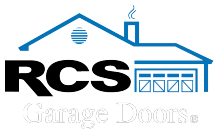
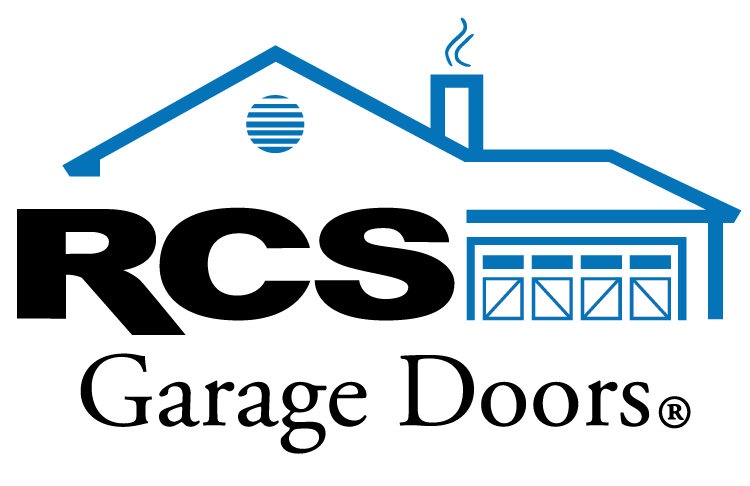
 Register My Door
Register My Door
